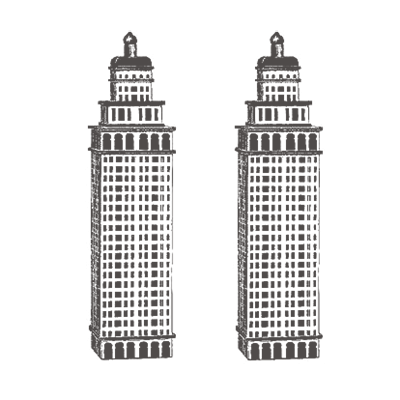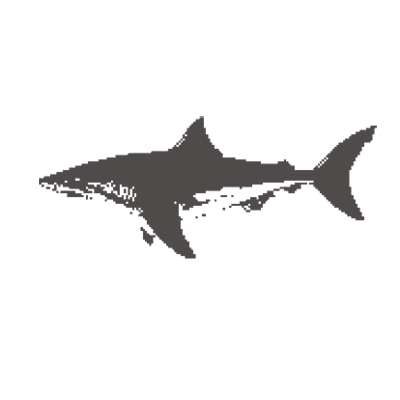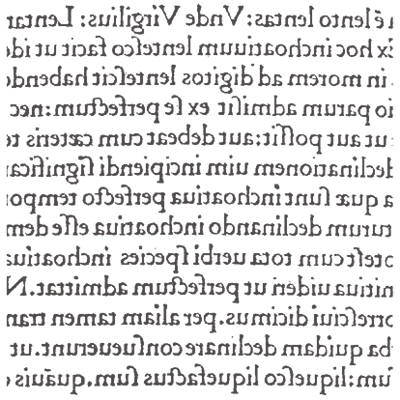How to protect against game clones?
In our series we have addressed the issue of protecting a video game against cloning in the context of lack of legal protection for an idea for a game. In this article, we will take a broader look at this problem.

Crunch before the release of a game. What does employment law say?
Nerves, feverish analysis, and refinement of details are typical crunch elements before a video game is released on the market. Crunch, a period of intense work, usually shortly before the launch of a game, involves long working days, nights and weekends in front of a computer, sometimes on tasks the worker has never performed before. Can the employer order the employee to work under such conditions, and must the employee comply?

Geo-blocking game sales
Geo-blocking limits the ability to buy products and services based on the customer’s nationality or residence. The conditions for access to goods and services and payment terms vary according to geographical criteria. In principle, such practices are prohibited in the EU. Does this ban also apply to video games?

Legal aspects of the video game industry 2.0
Interest in the game development industry is not diminishing. The upward trend has been consistent for several years, and 2021 is sure to bring a further increase. Forecasts indicate that in 2023 the value of the game market will exceed USD 200 billion

Likenesses in computer games: Real-life people
Sometimes, a character in a game evokes an association with a real person. This similarity may be intentional or accidental. To ensure they are on solid legal ground, game developers should obtain the consent of the actual person to use his or her image. Failure to do so can result in severe consequences. In this text, we will discuss the rules for using likenesses of real, living people.

Protection of video games: Industrial design, patent, or trade secret?
When the concept for a video game takes shape, and an unprotected idea becomes a protected form of expression, the developer can consider how best to protect the game or elements of the game against copying by competitors. When thinking about legal protection of a video game, it is natural to refer to copyright law. But that is not the only potential source of protection. It is worth examining whether and to what extent elements of the game can be protected through industrial designs, patents, or perhaps trade secrets.

I have an idea for a video game. How can I protect it?
This is one of the most often asked questions. The answer is difficult and equivocal. On one hand, a good idea is half the way to success. On the other hand, ideas are regarded as free and should not be monopolised, but a specific manner or form of expression of an idea can be the subject of copyright protection. However, drawing the line between an unprotected idea and a protected manner of expression is a difficult challenge that depends on the specific factual circumstances. First it must be determined what can be protected in a computer game, and then how these elements can best be protected.

Fundamental issues a game developer should pay attention to when negotiating a contract for publication of a video game
Contracts for publication of video games are concluded between game developers and companies specialising in publishing games (sometimes referred to “dev-publisher agreements”).

Copyright and game jams, hackathons and competitions
Game jamy, hackathony, konkursy to niektóre z metod na zaktywizowanie i zaangażowanie społeczności gamedevowej (o czym świadczy choćby popularność onlinowego ogólnopolskiego game jamu #zostanwdomurobgry, zorganizowanego przez Fundację Indie Games Polska między 30 marca a 6 kwietnia 2020 r. pod patronatem Ministerstwa Kultury i Dziedzictwa Narodowego oraz Ministerstwa Nauki i Szkolnictwa Wyższego https://www.zostanwdomurobgry.pl/). Organizacja konkursu, jego rozpropagowanie jest relatywnie nieskomplikowane. Korzyści zaś wydają się być obopólne – uczestnicy mają możliwość zaprezentowania swojej twórczości, zaś organizator konkursu ma dostęp do różnorodnych kreatywnych propozycji. Poniżej krótko wskażemy, jakie wzywania prawnoautorskie stawiają takie konkursy.

The name of the game: Video game titles and trademark protection
Sometimes a video game’s title is one of the game development company’s most important assets. Properly selected, secured and promoted, it may constitute a valuable source of income for a long time. Therefore, at an early stage of work on the game, it is worth making an appropriate application to the register, bearing in mind that in the case of trademarks, the principle of “first come, first served” applies. A well-thought-out strategy for selecting and registering a video game title can also save a lot of nerves and money after the game is launched on the market.

Outsourcing in game development: Is it worth it?
In the video game sector it is often necessary to draw on specialised knowledge from various fields (e.g. for graphic design projects). In such cases, it is increasingly common to cooperate with external experts by outsourcing certain processes. This form of cooperation carries many advantages, but if the conditions are not carefully framed it can create serious risks for the game development company.

Law vs. imagination
Is the creativity of video game developers limited by architects’ rights to the image of their buildings erected in public space?
